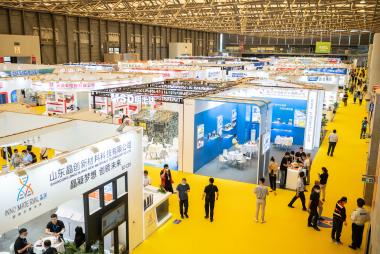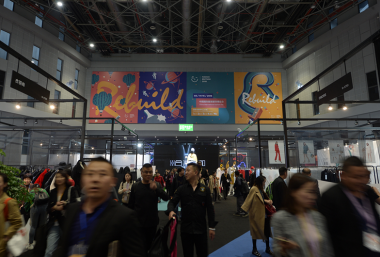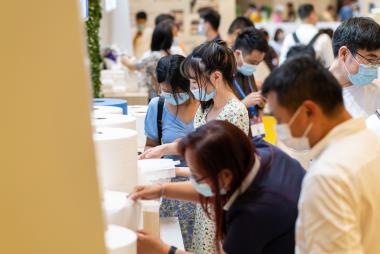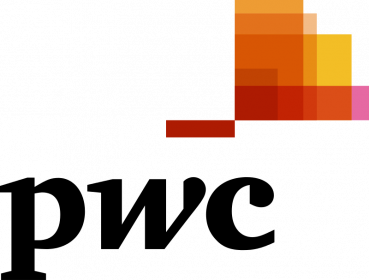Cinte Techtextil China postponed to 2023
Owing to evolving pandemic circumstances in Shanghai, the organisers have announced that Cinte Techtextil China will no longer be taking place from 7 – 9 December 2022 at the National Exhibition and Convention Center (Shanghai). A new fair date in 2023 will be announced in due course.
Ms Wilmet Shea, Deputy General Manager of Messe Frankfurt (HK) Ltd, explained: “While it is unfortunate that Cinte Techtextil China cannot take place as scheduled, after holding talks with stakeholders we decided that deferring the fair was necessary to comply with the government’s pandemic control measures. I would like to thank all participants for their patience and continued support, and to reiterate our resolve to provide a safe platform for the technical textile and nonwovens industry to congregate next year.”
Messe Frankfurt (HK) Ltd

































